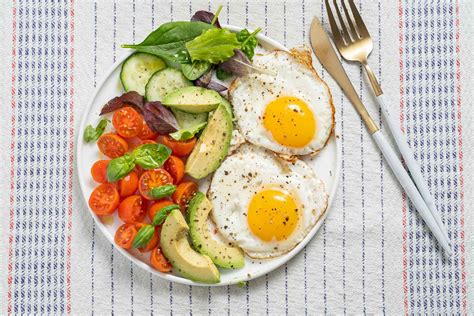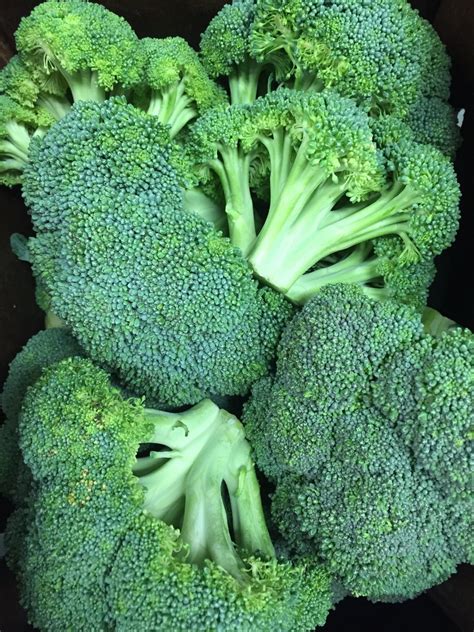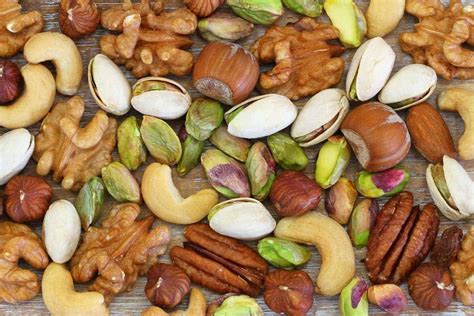What specific dietary considerations should men prioritize to support prostate health as they age?

As men mature, the health of the prostate gland becomes an increasingly important consideration. The prostate, a walnut-sized gland located below the bladder, plays a crucial role in the male reproductive system. As men age, conditions such as benign prostatic hyperplasia (BPH), prostatitis, and prostate cancer become more prevalent. While genetics and lifestyle factors contribute, diet plays a profound and often underestimated role in maintaining prostate health. By making informed food choices, men can proactively support their prostate and overall well-being.
The Foundational Role of Diet in Prostate Health
Nutrition is not merely about fueling the body; it’s about providing the essential building blocks and protective compounds necessary for optimal organ function. For the prostate, specific nutrients can help reduce inflammation, regulate hormone levels, and even inhibit the growth of abnormal cells. A diet rich in antioxidants, healthy fats, and specific vitamins and minerals can act as a powerful line of defense against age-related prostate issues.

Key Nutrients and Foods to Prioritize
1. Lycopene-Rich Foods
Lycopene, a powerful antioxidant responsible for the red color in many fruits and vegetables, has been extensively studied for its prostate-protective properties. It may help reduce prostate cancer risk and slow the progression of BPH. Cooked tomatoes, particularly in sauces or paste, offer the most bioavailable form of lycopene. Other sources include watermelon, pink grapefruit, and guava.
2. Omega-3 Fatty Acids
These essential fatty acids are renowned for their anti-inflammatory properties, which can be beneficial in managing prostatitis and reducing general inflammation in the prostate gland. Fatty fish like salmon, mackerel, and sardines are excellent sources. For those who don’t consume fish, flaxseeds, chia seeds, and walnuts provide plant-based omega-3s.

3. Cruciferous Vegetables
Broccoli, cauliflower, kale, and Brussels sprouts contain sulforaphane and other compounds that have been shown to detoxify carcinogens and inhibit the growth of cancer cells, including those in the prostate. Aim for several servings of these nutrient powerhouses each week.
4. Zinc and Selenium
Zinc is highly concentrated in the prostate gland and plays a vital role in its function. Deficiencies have been linked to prostate problems. Good sources include oysters, nuts (especially pecans), pumpkin seeds, and legumes. Selenium, another trace mineral, acts as an antioxidant and may reduce the risk of prostate cancer. Brazil nuts are an exceptional source; just a few nuts can meet daily requirements. Fish, whole grains, and mushrooms also provide selenium.

5. Green Tea and Antioxidants
Green tea is rich in catechins, particularly epigallocatechin gallate (EGCG), which possesses strong antioxidant and anti-inflammatory effects. Regular consumption of green tea has been associated with a lower risk of prostate cancer progression. Berries, dark chocolate, and other colorful fruits also provide a wide array of beneficial antioxidants.
6. Healthy Fats and Whole Grains
Swap unhealthy saturated and trans fats for monounsaturated and polyunsaturated fats found in olive oil, avocados, and nuts. These fats support overall cellular health. Incorporating whole grains like oats, brown rice, and quinoa provides fiber, which aids in digestion and can help manage weight, indirectly benefiting prostate health.

Foods and Habits to Limit or Avoid
Just as some foods support prostate health, others can be detrimental. It’s advisable for men to limit:
- Red and Processed Meats: High consumption of red meat, especially processed varieties, has been linked to an increased risk of prostate cancer.
- Excess Dairy: Some studies suggest a potential link between high dairy intake and increased prostate cancer risk, possibly due to calcium or growth hormones.
- Sugary Drinks and Refined Carbs: These can promote inflammation and contribute to weight gain, both risk factors for prostate issues.
- Excessive Alcohol: Heavy alcohol consumption can contribute to overall inflammation and may negatively impact prostate health.
Beyond Diet: Lifestyle Factors
While diet is paramount, it’s part of a broader healthy lifestyle. Regular physical activity, maintaining a healthy weight, quitting smoking, and managing stress all contribute significantly to overall health, including that of the prostate. Adequate hydration, primarily through water, also supports urinary tract function, which is closely related to prostate health.

Conclusion
Supporting prostate health as men age is an ongoing commitment that starts with conscious dietary choices. By prioritizing foods rich in lycopene, omega-3 fatty acids, cruciferous vegetables, zinc, selenium, and antioxidants, and limiting harmful foods, men can significantly reduce their risk of common prostate conditions. These dietary strategies, combined with a healthy lifestyle, offer a powerful approach to maintaining vitality and well-being through the years. Always consult with a healthcare professional or a registered dietitian to tailor dietary advice to your individual health needs.








